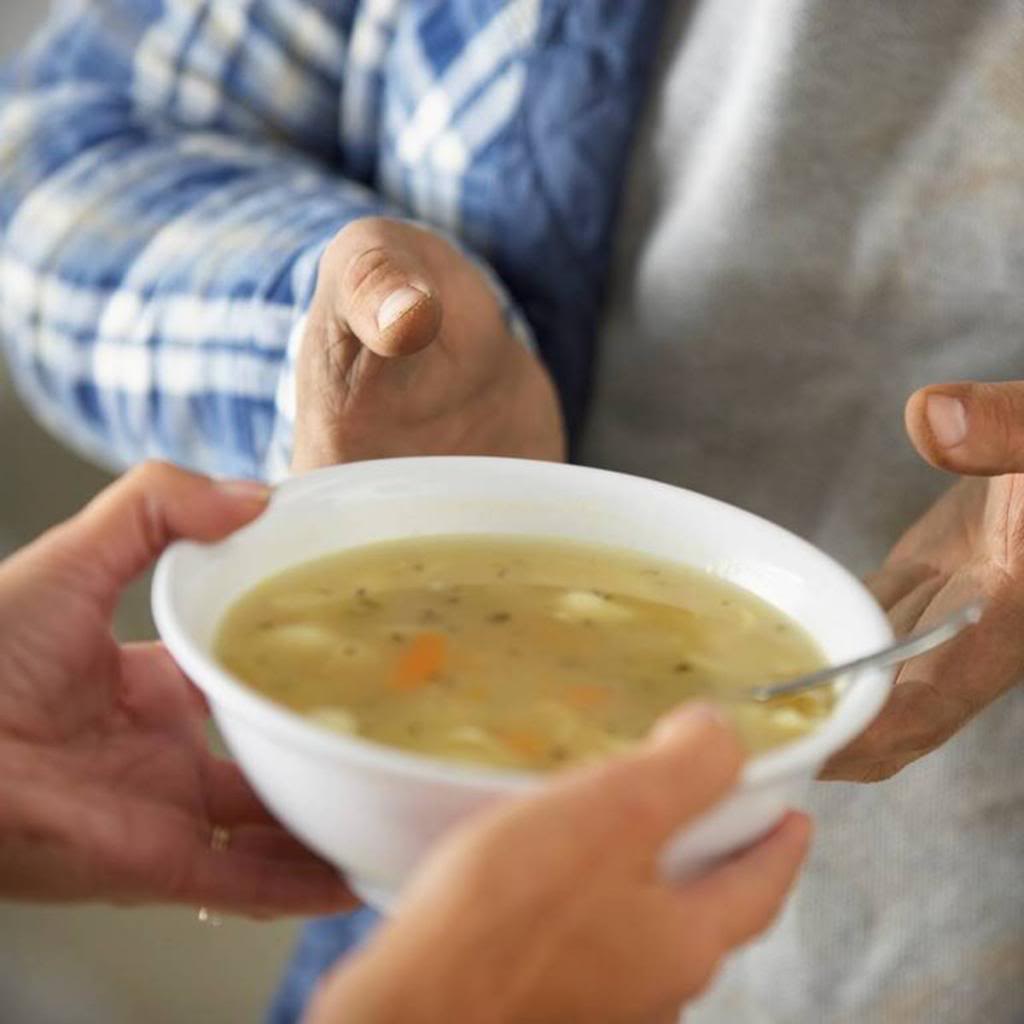Charities come in all different sizes, causes and host of other reasons. Some start a charity because of an ailment or for some other reason that affected a child or a family member. Whatever the reason there are plenty of opportunities to organize or to participate in a charitable cause.
Participation in a charitable cause brings enormous satisfaction to someone who experienced a loss. It could be the healing venue for those who are suffering. Keep in mind many others are going to benefit from it and may be able to avoid the cause that created a loss for you.
Besides the psychological benefits, charities bring more tangible benefits too. Your contributions and travelling expenses are deductible on your personal income tax return. This may be not much of a help for a person suffering from a loss, but should not be overlook when it comes to filing your tax return.
Look into local charities that are appealing to you and participate as much as possible. We all bring deferent talent to a charity that needs a diversified talent pool to successfully run a charity. So your experience and expertise may help the intended charity more than you think.



